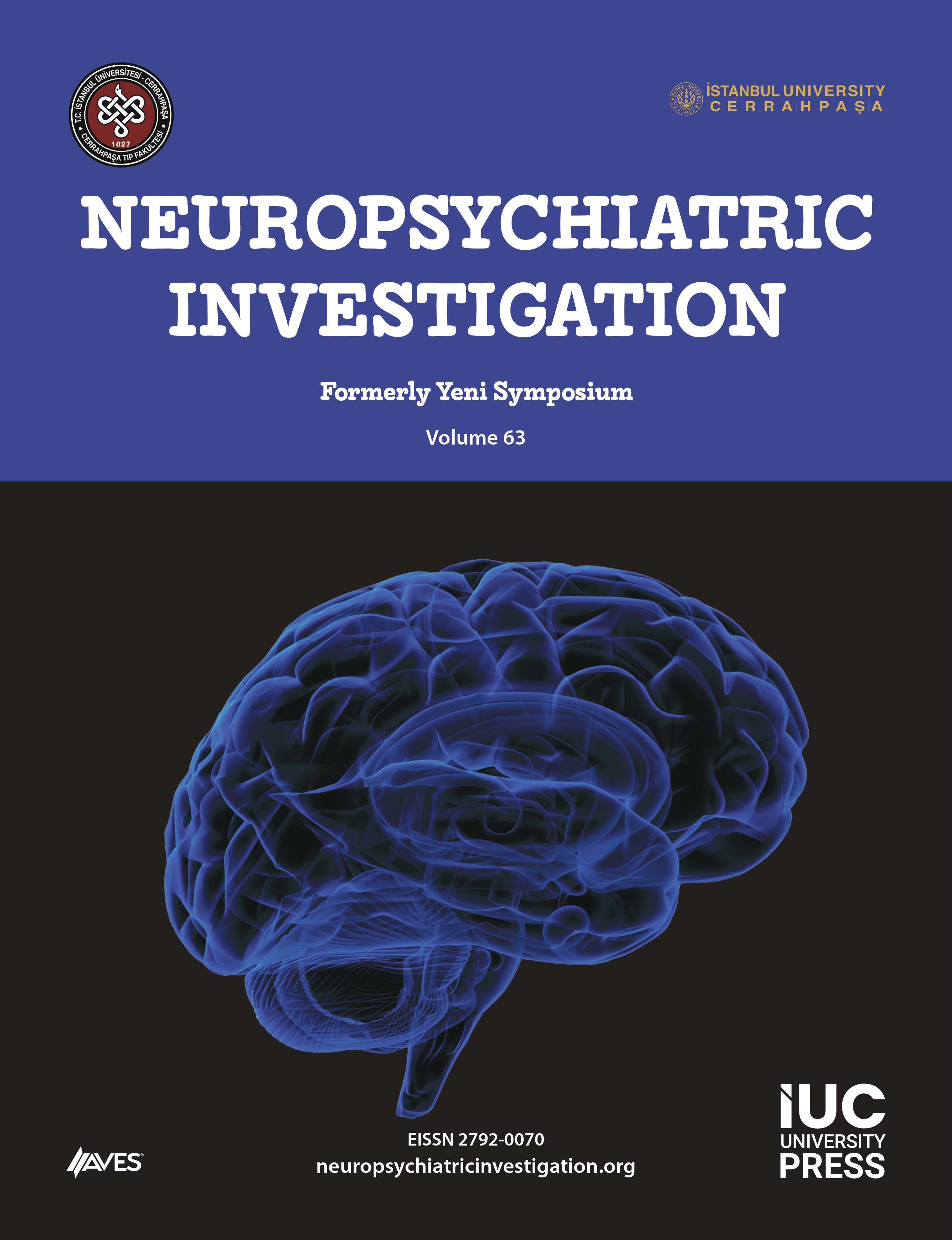Objective: The aim of this study is to investigate the hypotheses psychometrically and experimentally which is claimed on Reinforcement Sensitivity Theory that “Behavioral Inhibition System is associated with introversion, so introverts are more sensitive to punishment than reward in comparison with extraverts and in learning process punishment is more efficient than reward” and “Behavioral Activation System is associated with extraversion, so extraverts are more sensitive to reward than punishment in comparison with introverts and in learning process reward is more efficient than punishment”.
Methods: This study was conducted with 134 participants of 84 female and 50 male aged between 18-40 (mean=21.20±3.68) that were selected among 744 university students using the Eysenck Personality Questionnaire, the participants were pided into four experimental groups of introvert-reward, introvert-punishment, extravert-reward and extravert-punishment according to personality traits and reinforcement types. Participants were given Behavioral Inhibition System / Behavioral Activation System Scale and a computerized learning experiment that included the words in the Verbal Memory Processes Scala with auditory and visual reward and punishment.
Results: As a result of comparing the performance score of personality trait- reinforcement types groups, it was demonsrated that the performance score of introvert-punishment group was significantly higher than the performance score of introvert-reward and extravert-punishment groups; the success score of extravert-reward group is significantly higher than the performance score of extravert-punishment and introvert-reward groups. According to the comparison of BIS/BAS scale scores of introverts and extraverts, it was determined that the BIS score of introverts related with sensitivity to punishment was significantly higher than the BIS score of extraverts; the BAS score of extraverts related with sensitivity to reward was significantly higher than the BAS score of introverts.
Conclusion: The hypothesis claimed by Eysenck in his personality theory that the introverts learn much better than extraverts was rejected and the hypothesis claimed by Gray that the Behavioral Inhibition System is more dominant in introverts so the introverts are more sensitive to punishment, the Behavioral Activation System is more dominant in extraverts so the extraverts are more sensitive to reward was confirmed both experimentally and psychometrically.




.png)